Is it harder for young people to access good jobs and skills now?
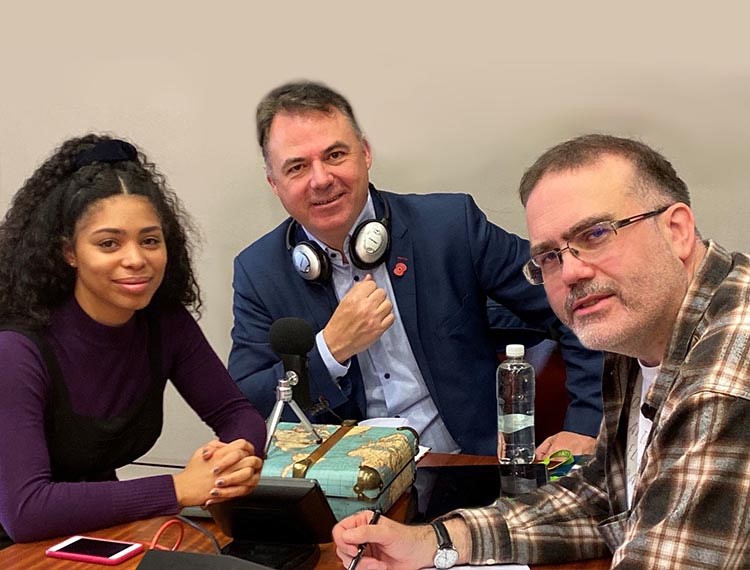
Is it harder these days for young people to access good jobs and skills?
#SkillsWorld presenter and FAB chief executive, Tom Bewick, explores the question with a university student and a functional skills teacher
Interviewing Jhanelle White, a student at Kings College London, and Gareth Sturdy, a functional skills teacher with training provider, LHAA, Tom explores the world of SATs, GCSE choices, the value of university degrees, duff careers advice and whether mountains of graduate debt is really worth it, particularly when so many young people end up doing non-graduate jobs.
Speaking in a personal capacity, these guests were interviewed at the Barbican Theatre in London, where they were participating in the Battle of Ideas Festival (October 2019). Two education sessions were sponsored by the Federation of Awarding Bodies, which included contributions from Baroness Alison Wolf, Kirstie Donnely MBE, of City and Guilds; and Rob Nitsch of the Institute for Apprenticeships and Technical Education.
This podcast episode looks at the fact, for the first time in human history, there are five generations employed in the workforce — from baby-boomers to Millennials.
There appears to be so much more pressure these days on young people to “succeed”, especially in terms of getting good grades at school, securing a place at university and finding a decent job upon graduation that pays the bills… Or perhaps that has, until now, been the only version of the “British Dream.”
Jhanelle, from a working-class background in the Midlands, explains that she had always wanted to go to university because she knew that was the best route to become a scientist. In this regard: “the only option that seems best for young people is the A-Level route” she says.
On the issue of graduate debt, Jhanelle doesn’t feel that fees should necessarily be a barrier for those from poorer backgrounds: “I will probably graduate with £70k of student debt with 6% interest added on each year, but I see my education as an investment and [if I don’t earn enough] I will probably never have to pay the loans back”, she said.
Gareth, who teaches functional skills to hairdressing apprentices, comments: “Technical fixes to the current system is not in itself going to produce more educated and skilled people. If the content of courses is not correct or educative… then you will still find that there are qualifications, like some degree courses, that don’t add up to the value that they profess to be… It is why I am quite excited about some of the innovations that are taking place in apprenticeships.”
Asked whether she would take the degree apprenticeships option if it were now available to her, Jhanelle said: “Degree apprenticeships are still not perceived as the same value [as ordinary degrees]”. For Jhanelle, going to university was as much about the “cultural experience” it gave her and the “signals” this sent to her peers and future employers, about the “kind of education” she had received.
Subscribe to the #SkillsWorld podcast series or visit the #SkillsWorld Newsroom on FE News to keep up to date with Tom’s latest quest into the Skills World.
Apprenticeships are voted the ‘best career route’ by UK managers and parents for the first time: In celebration of #NationalApprenticeshipWeek #NAW2020, @AVADOlearning announces UK research that suggests #apprenticeships are the best tool for a… https://t.co/IX1E3pd9MV pic.twitter.com/VSpTBQWxT5
— FE News – The #FutureofEducation News Channel (@FENews) February 3, 2020


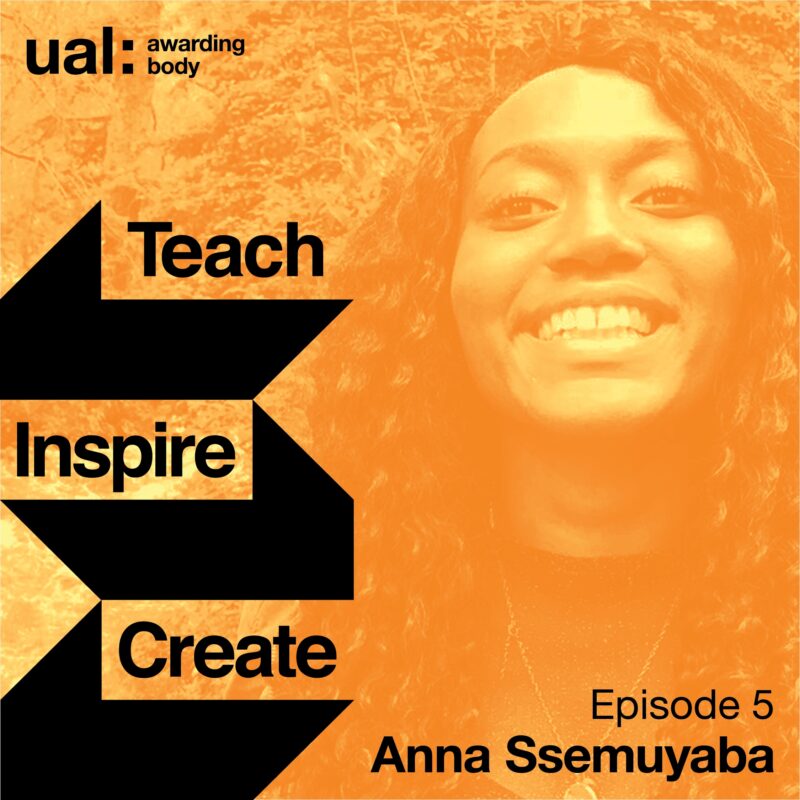
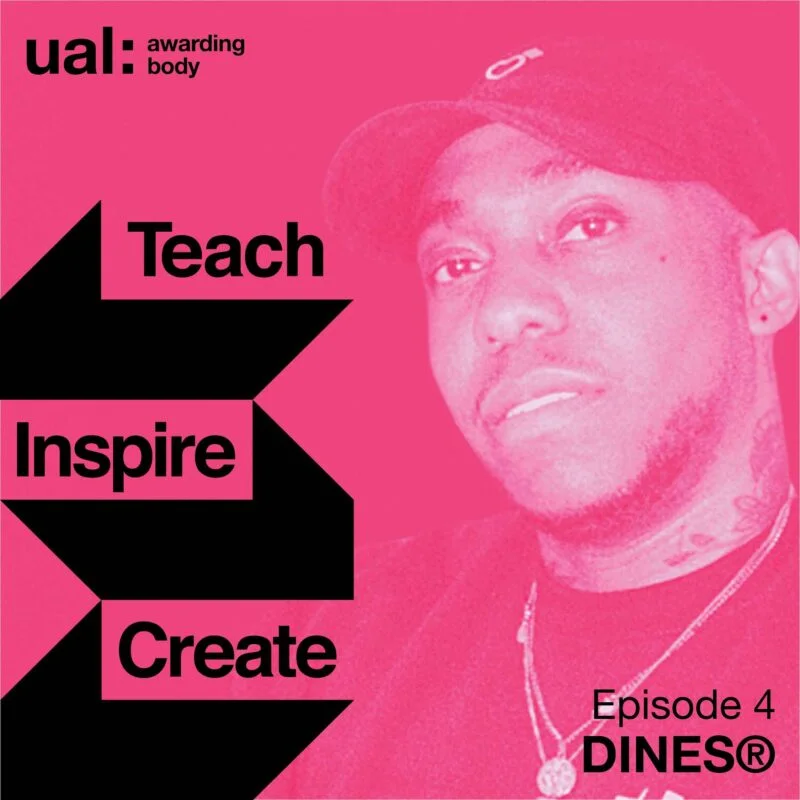
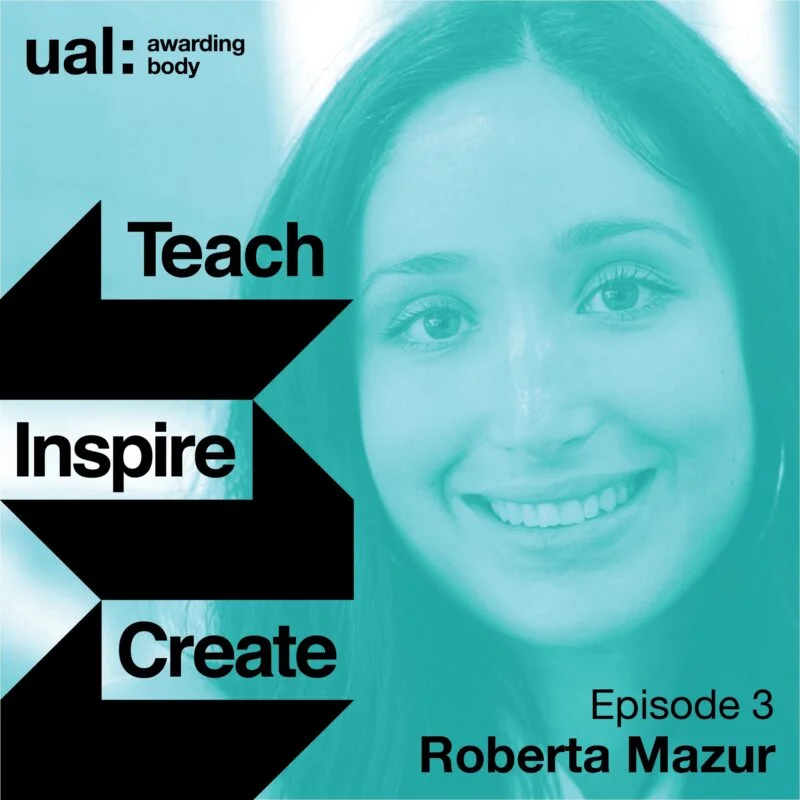
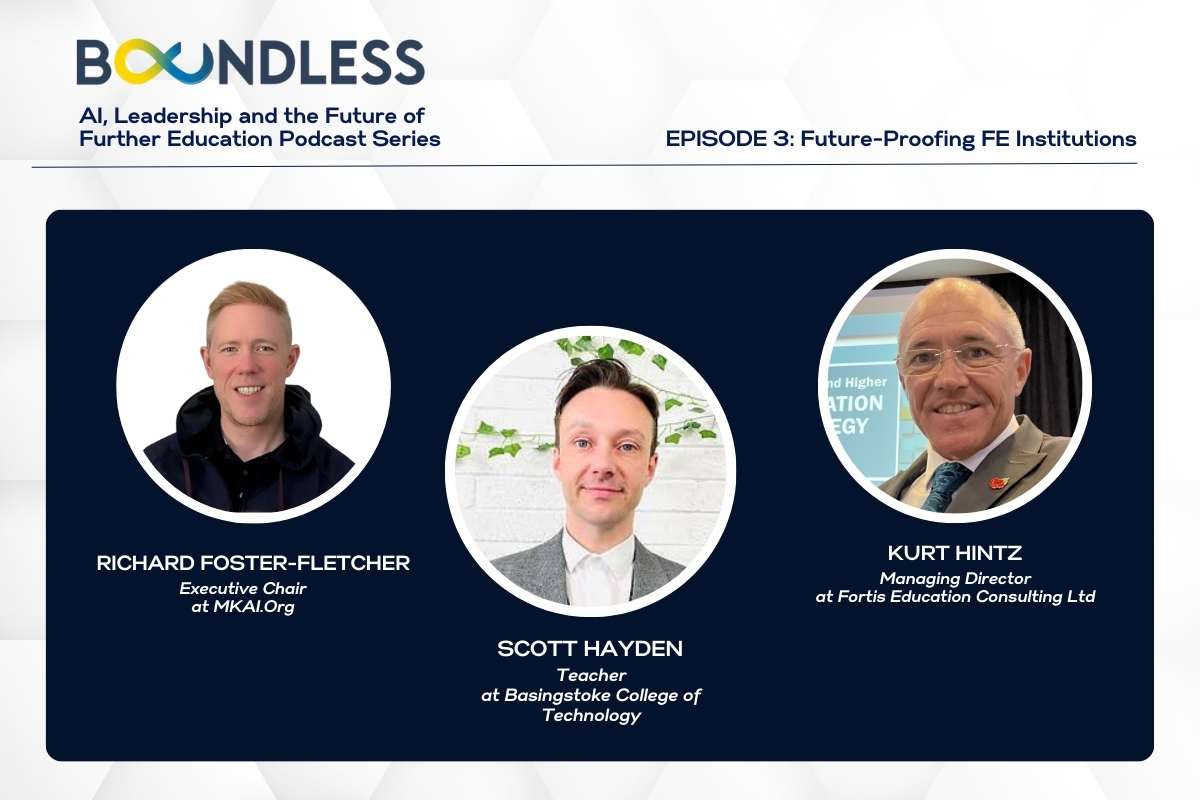

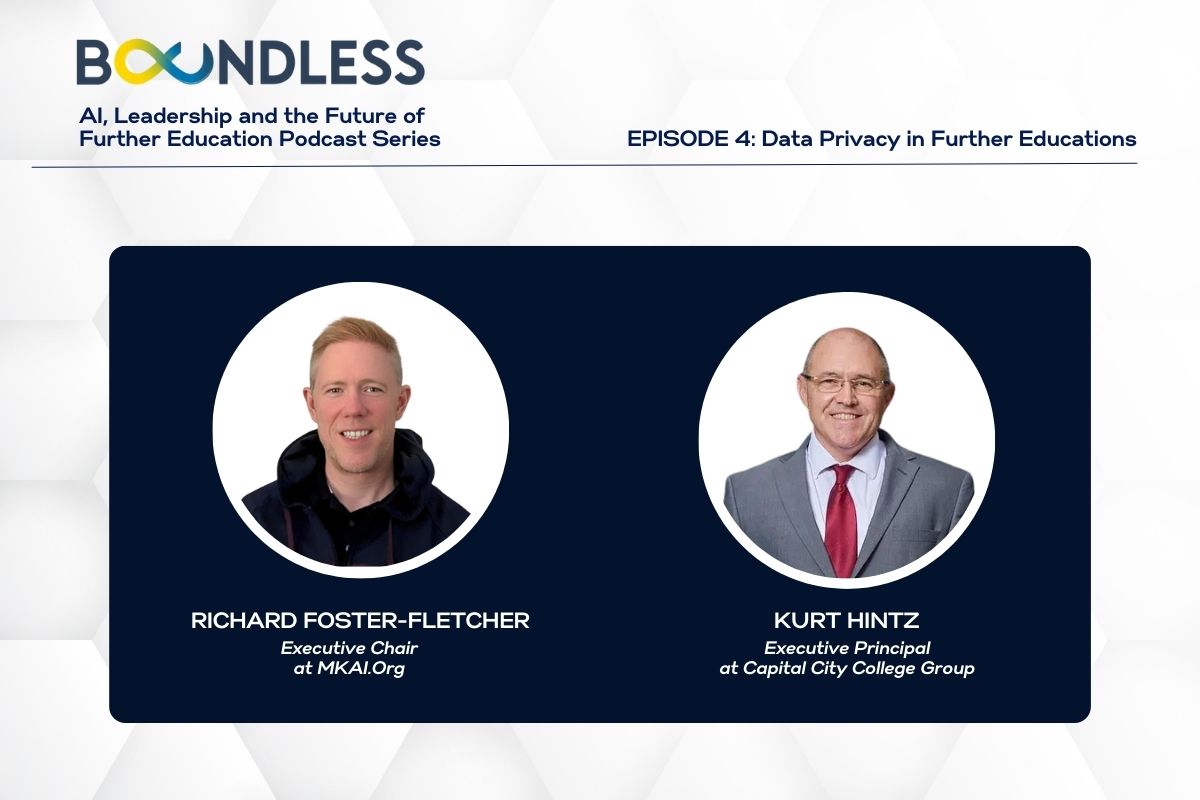

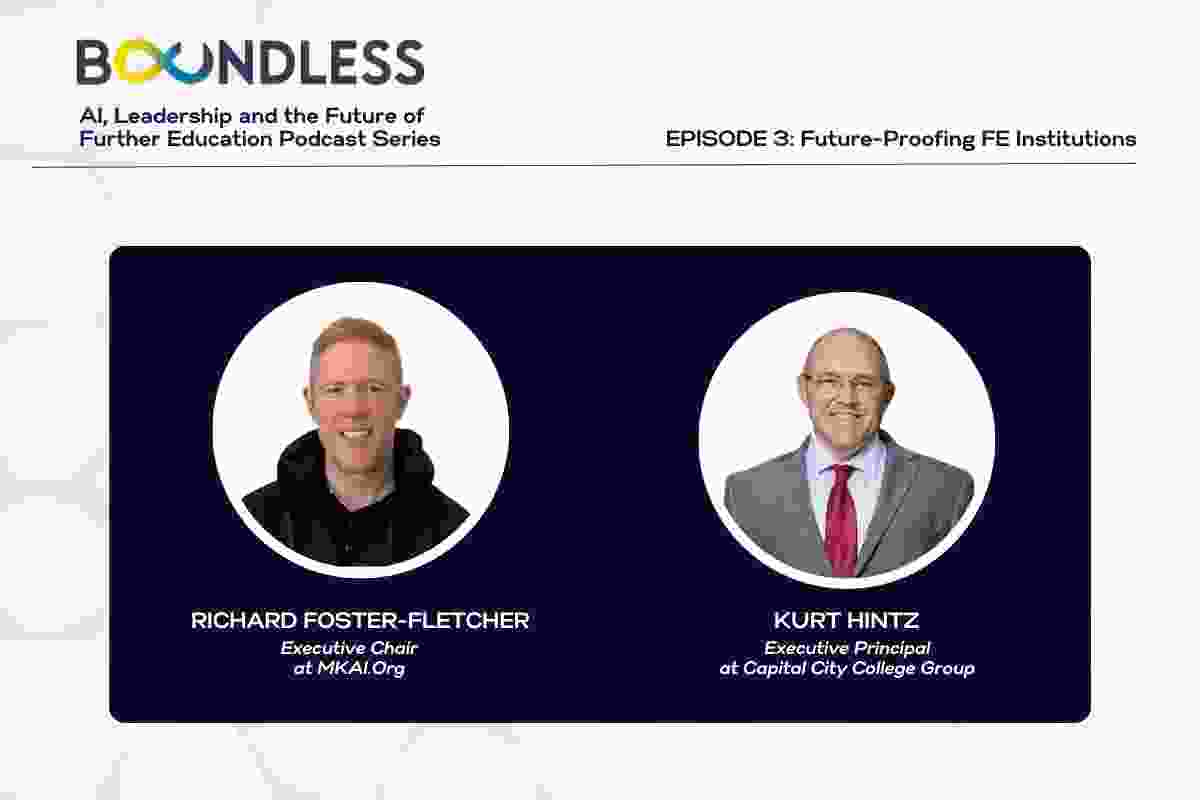
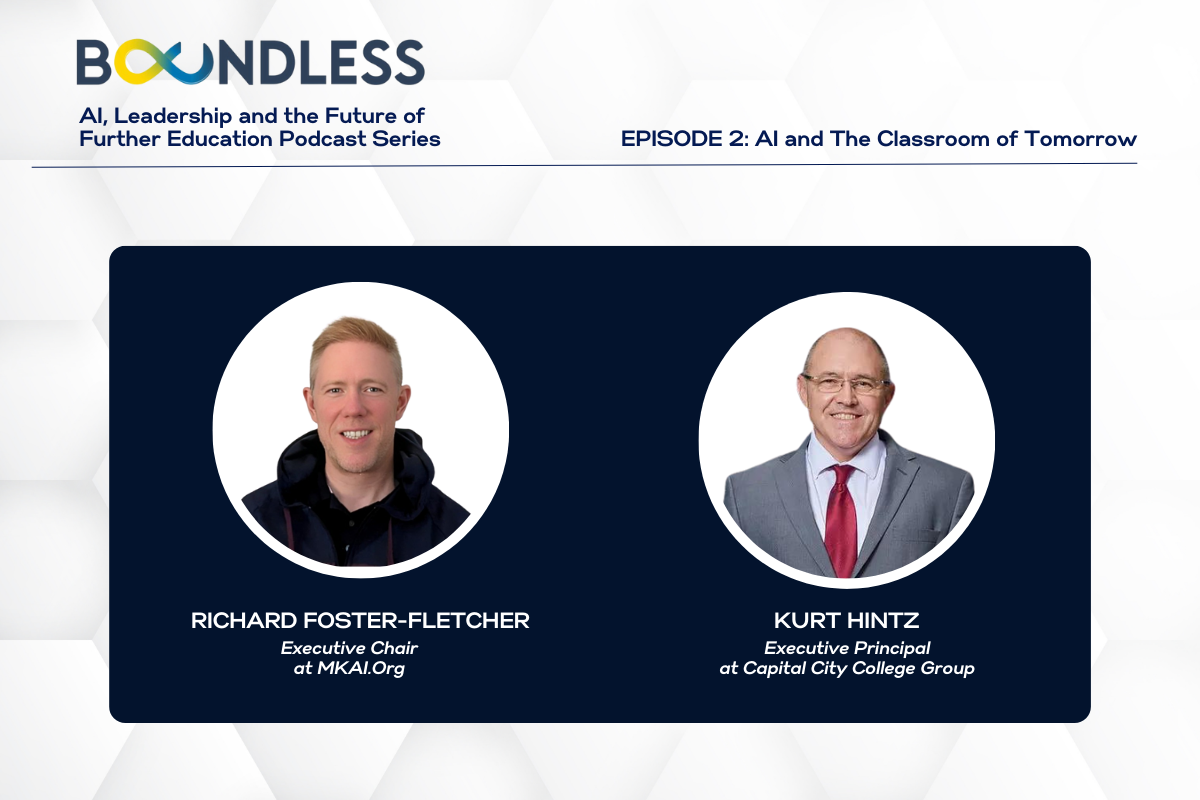

Responses